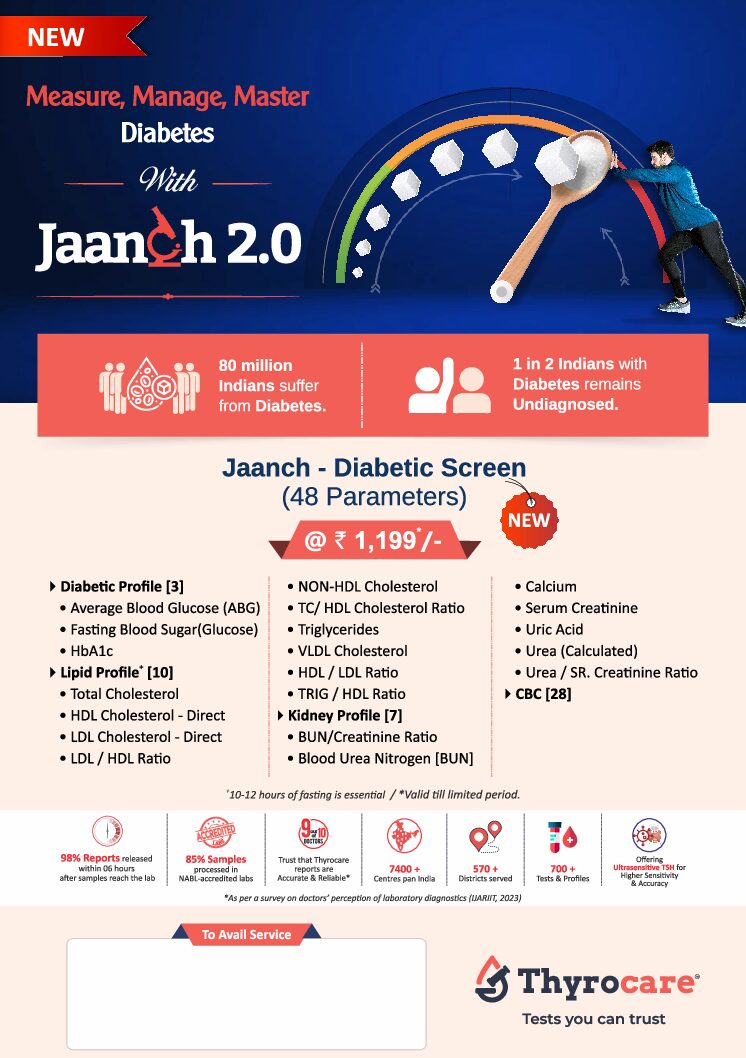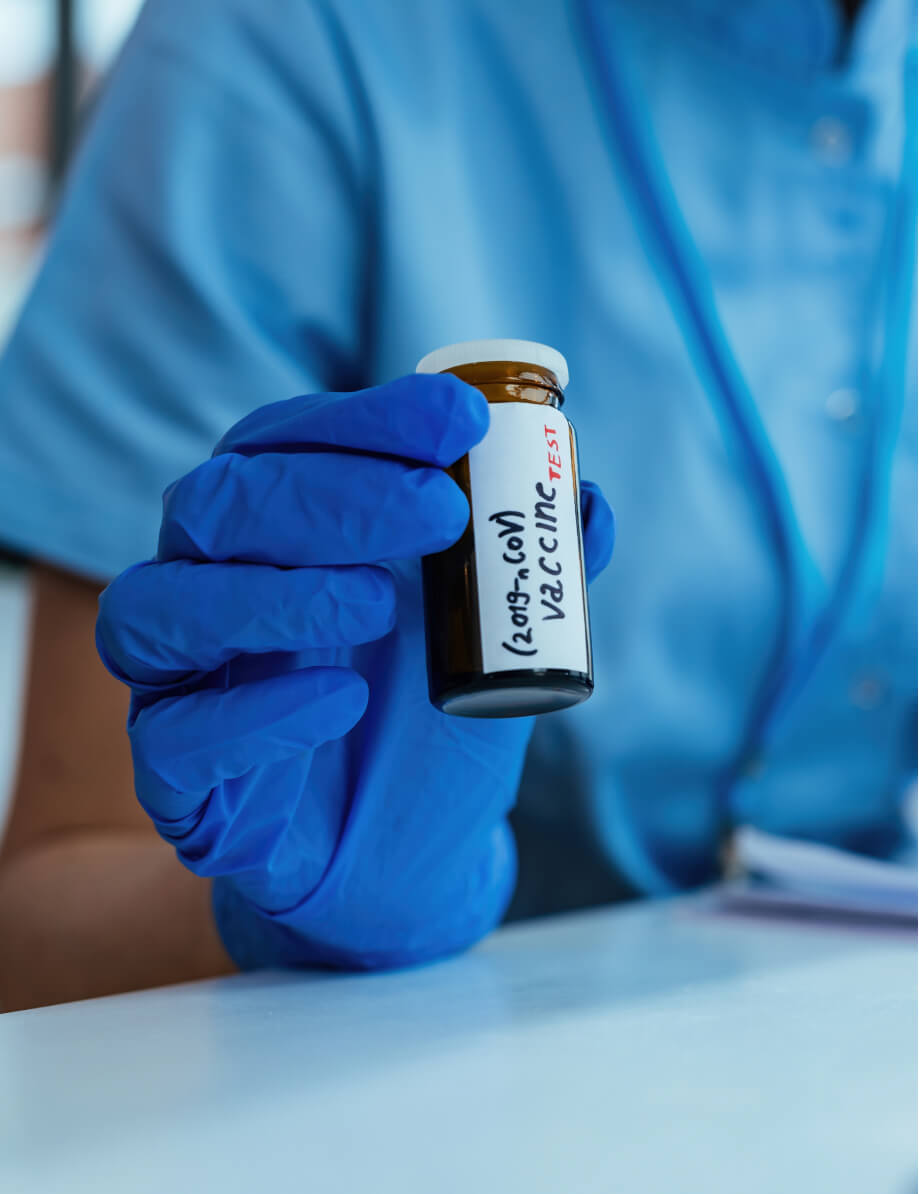- Careitech_admin2024
- April 15, 2024
- Diabetes
- 0 Comments

9 Fruits to Eat in Type 1 Diabetes
Managing diabetes, particularly type 1, requires careful attention to diet, as it plays a pivotal role in maintaining stable blood sugar levels. Often, fruits are viewed with apprehension in the diabetic diet due to their natural sugar content. However, certain fruits can offer essential nutrients and vitamins without causing significant sugar spikes.
This article provides a curated list of fruits good for diabetes type 1 that can be included in a diet without compromising blood sugar control.
Can diabetes patients eat fruits?
Yes, diabetes patients can eat fruits. Fruits provide many essential nutrients and support a balanced diet. However, since most fruits contain sugars, diabetic patients need to consume them in moderation. Here are some things to consider before consuming fruits:
- Fresh Fruit: Fresh fruits without any added sugar or preservatives are the best choice.
- Low GI Fruits: The best fruits for diabetics with Type 1 diabetes are those with a low GI or glycemic index. Foods with a low glycemic index do not cause sugar level spikes.
- Portions: Fruits must be counted in the meal plan, and portions consumed must be moderate. Fruits are carbohydrate-rich, which means they will contribute to blood sugar spikes.
9 Fruits to Eat in Type 1 Diabetes
Here is a list of 9 fruits good for people with Type 1 diabetes:
- Berries
Berries such as blueberries, strawberries, raspberries, and blackberries are safe for diabetes Type 1 patients. These fruits are high in fibre content and can be great sources of nutrients such as vitamins, minerals, and antioxidants, which contribute to a healthy diet. Berries also have a low glycemic index, which means they would not cause sugar spikes.
- Plums
Firstly, plums have a low glycemic index, which means they release carbohydrates slowly. This keeps blood sugars at a healthy level. Plums are also rich in essential nutrients. They contain over 15 different minerals and vitamins, as well as ample amounts of dietary fibre and antioxidants.
- Cherries
Cherries have a relatively low sugar content when compared to most fruits, making them a safe choice for diabetes patients. They also have a high fibre content, antioxidants that slow glucose production, and a low GI.
- Grapefruit
Grapefruit has a high-fibre and low-GI composition, which means the release of sugars into the bloodstream is very slow. It is also a great source of essential nutrients like vitamin A, vitamin C, folate, and lycopene, which play an important role in boosting immunity, supporting muscle health, and promoting digestion.
- Kiwi
Kiwis are an excellent source of flavonoids, which are powerful antioxidants that protect cells from damage. They are also rich in fibre, which slows down the release of carbohydrates or sugars into the blood. Kiwis contain vitamin C, K, potassium, calcium, beta-carotene, lutein, and zeaxanthin, all of which are essential for a balanced diet.
- Peaches
Peaches are rich in vitamins C, A, E, and K. They also contain significant amounts of potassium, copper, manganese, and niacin, all of which are essential components of a well-balanced diet. The low GI and high fibre content also prevent blood sugar spikes.
- Apricots
Apricots are great fruits for diabetes owing to their low GI and high fibre content. These fruits are also rich in vitamins A, and C, potassium, calcium, iron, phosphorus, and antioxidants.
- Apples
Apples contain a substance called polyphenol, which helps fight diseases. They also have high vitamin C and magnesium contents, along with flavonoids that have anti-inflammatory properties. Apples are great for fibre and promote skin, heart, and gut health while being safe for diabetes patients.
- Pears
Pears have a low glycemic index and a high fibre content, which means they can be digested easily without causing blood sugar spikes. They are also rich in antioxidants, vitamins C and K, and potassium.
FAQs
1. Can diabetes patients have fruit juices?
Fruits for diabetes patients are generally recommended. However, fruit juices cause concern as they often contain high sugar levels, which can cause blood sugar spikes. It is safer for diabetes patients to consume whole fruits instead.
2. What fruits should a Type 1 diabetes patient avoid?
In managing diabetes type 1, patients should be cautious about fruits with high glycemic index values, such as pineapples and melons. These fruits can rapidly increase blood sugar levels. It’s better to opt for fruits with lower glycemic indices, like berries and apples, to maintain better glucose control.
3. How much fruit can a diabetes patient eat safely?
The amount of fruit a diabetes patient can safely eat varies based on individual dietary needs and blood sugar control. Generally, it is recommended to limit fruit intake to two to three servings per day. Any changes to a diabetic diet must be made only after consultation with a healthcare provider.
Google Reviews
Trustindex verifies that the original source of the review is Google. Accurate and fast reports at affordable rates. Hygienic lab and collection center.Trustindex verifies that the original source of the review is Google. Good service with affordable cost.ThanksTrustindex verifies that the original source of the review is Google. Quick service and excellent detailed reports provided.Verified by TrustindexTrustindex verified badge is the Universal Symbol of Trust. Only the greatest companies can get the verified badge who has a review score above 4.5, based on customer reviews over the past 12 months. Read more









